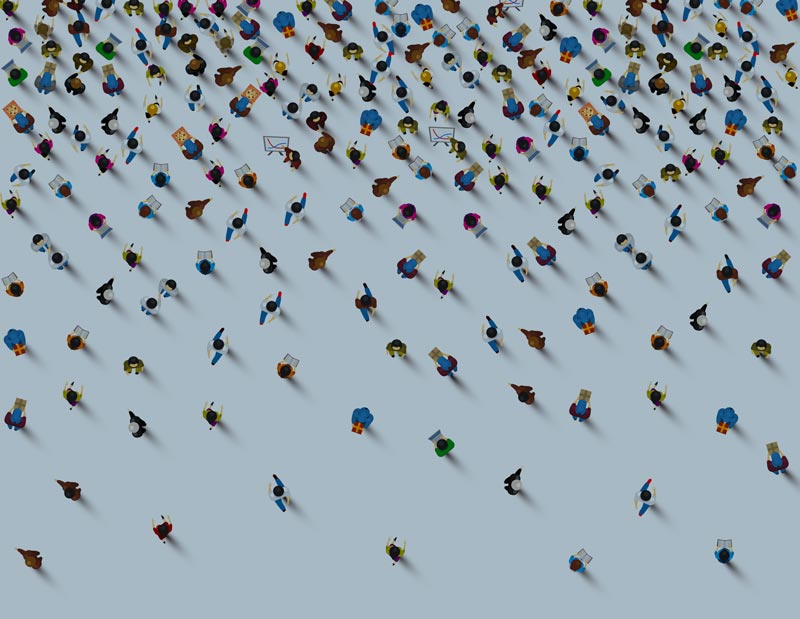ON TOPIC
Resilience has become one of today’s most talked-about social concerns.
All over the world, it is driving discussions about how we can help people to live safer, longer, happier, and healthier lives.
But what does resilience mean?
GOAL POWER
A range of definitions of resilience can be found in the scientific literature. 1
Health 2020, the World Health Organisation (WHO) European policy framework, describes building resilience as “a key factor in protecting and promoting health and wellbeing.”
In fact, referring to its Sustainable Development Goals, WHO says:
“Resilience has a very prominent role in essentially all of the SDGs.”
Testing times
The COVID-19 pandemic has shone a light on our resilience in the face of a viral threat.
In particular, it has highlighted the importance of our immune system to our wellbeing, and therefore our ability to demonstrate resilience.
In turn, this has fuelled discussion about the role of nutrition in immunity and the building of resilience.

Up and
down
down
Our immune system changes over the course of our lives. 2
For example, when we are older, our immune system is naturally weaker than when we are adolescents and young adults.
We’ve seen the effect of this first-hand during the pandemic, with seniors most at risk of serious illness and death, compared with younger people.

Essential nutrition
A common factor throughout life is the need for adequate nutrition to support immunity.
Certain micronutrients are essential for the immune system to function normally. They include vitamins A, B6, B12, C, D, folate and the minerals copper, iron, selenium and zinc. 3
The need for optimal amounts of these nutrients is particularly great when we are older and our immune system is less robust.
But there’s a problem…

Missing out
Research shows that an estimated two billion people globally do not consume adequate nutrients. 4
That means a huge proportion of the world’s population may not be getting the nutrition they need to help their immune system to function normally.
For these people, showing resilience will be more difficult.
Answering the call

The world needs to find ways to address the challenge of increasing resilience in the face of widespread inadequate nutrition intakes.
Any response should be multi-faceted, since there is no single route to optimal nutrition.
Better nutrition education is undoubtedly key. Supplements have a role to play, too.
Acting now to increase resilience globally could deliver benefits to millions of people.
The future is in our own hands.


